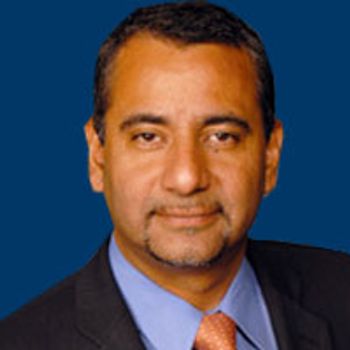
Luis E. Raez, MD, provides insight into therapies available to patients with ALK-mutant non–small cell lung cancer and underscores the role of genetic testing in informing treatment decisions.

Your AI-Trained Oncology Knowledge Connection!


Luis E. Raez, MD, provides insight into therapies available to patients with ALK-mutant non–small cell lung cancer and underscores the role of genetic testing in informing treatment decisions.
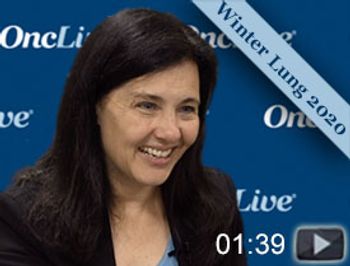
Heather A. Wakelee, MD, discusses therapy options when patients with lung cancer must receive treatment options immediately rather than wait for molecular testing results.
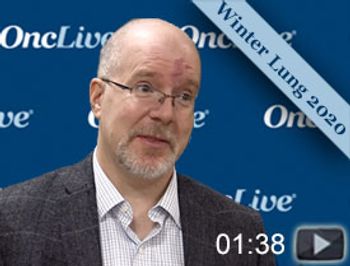
Nathan A. Pennell, MD, PhD, discusses the benefits of liquid biopsies in lung cancer.
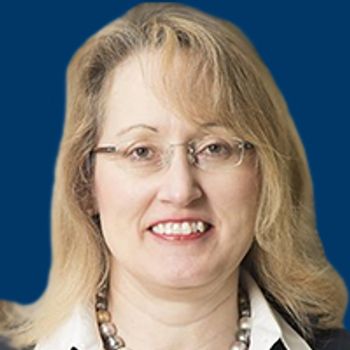
Julie R. Brahmer, MD, discusses the impact of osimertinib in EGFR-mutant non–small cell lung cancer, ongoing research with the agent, and the importance of molecular testing.
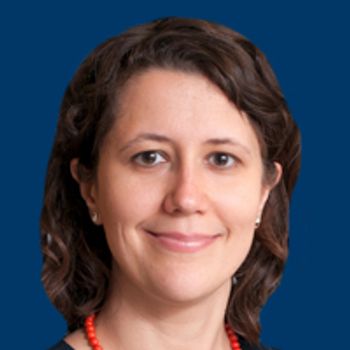
Treatment with osimertinib in the frontline has been the standard of care for patients with EGFR-mutant non–small cell lung cancer since the pivotal FLAURA trial.
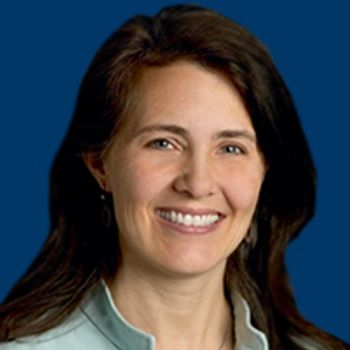
Significant research advances in targeted therapy and immunotherapy within the past years have created a more personalized approach to treatment for patients with advanced non–small cell lung cancer.
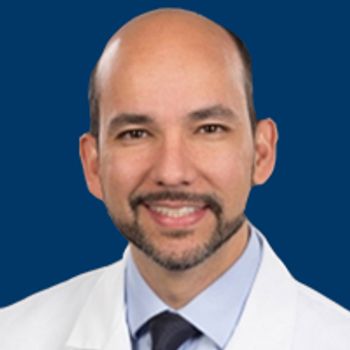
Based on available data, treatment is not that obvious for patients with metastatic non–small cell lung cancer who are tolerating treatment well and have either a complete or partial response to therapy.
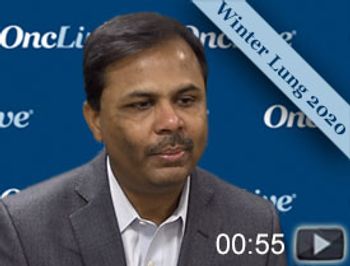
Suresh S. Ramalingam, MD, FASCO, discusses the current treatment parameters for osimertinib in EGFR-mutant non–small cell lung cancer and ongoing research with the agent.
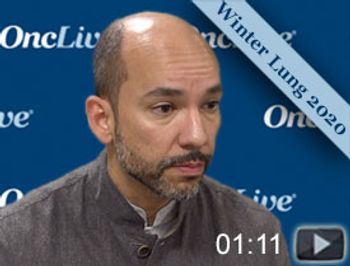
Gilberto De Lima Lopes, MD, discusses the standard of care for pembrolizumab in patients with metastatic lung cancer.
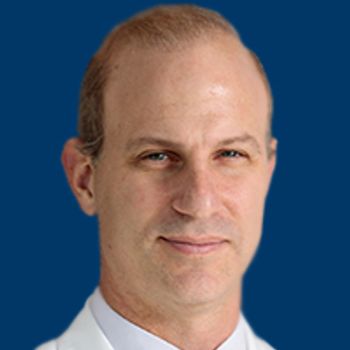
The standard of care for patients with small cell lung cancer has been trapped in a period of stagnation for the past several decades.

The potential therapeutic benefits of immune checkpoint inhibitors as monotherapy as well as in combination with chemotherapy for patients with non–small cell lung cancer depend greatly on the timing of treatment initiation. However, for patients with EGFR, ALK, and other actionable mutations, identifying the optimal combination is a hurdle.
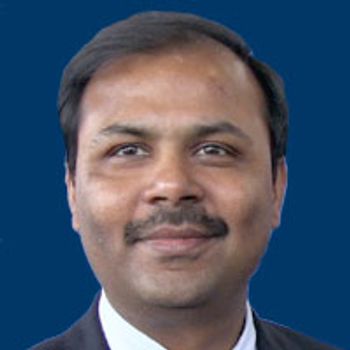
Advancements in the prevention and treatment of patients with lung cancer have picked up momentum over the past decade and now is the time to build on that progress according to Suresh S. Ramalingam, MD, FASCO.
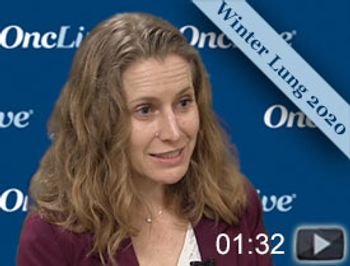
Jamie E. Chaft, MD, discusses the rise of immunotherapy in lung cancer and research with this treatment modality that is on the horizon.
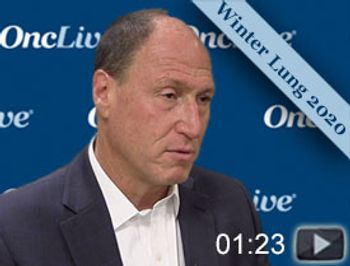
Rogerio C. Lilenbaum, MD, discusses using PD-L1 as a predictive biomarker for immunotherapy and the search for additional biomarkers in lung cancer.

Benjamin P. Levy, MD, discusses emerging oncogenic markers in lung cancer and what impact they are poised to make on the paradigm.
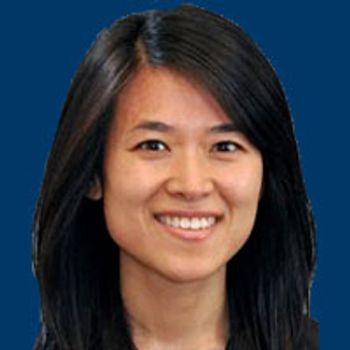
Until more biomarkers are available, the use of tumor mutational burden with PD-L1 expression could help oncologists further personalize immunotherapy choices for patients with non–small cell lung cancer.

Mark A. Socinski, MD, provides an overview of treatment advances in the lung cancer landscape, and highlights where much-needed work still remains.

Findings from the PACIFIC trial have made a significant impact on the treatment of patients with unresectable stage III non–small cell lung cancer, especially in light of the history of treatment options in this setting.
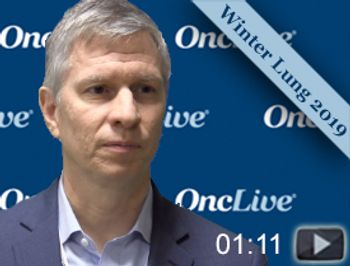
Roy Decker, MD, PhD, associate professor of Therapeutic Radiology, Yale Cancer Center, discusses the current role of radiation therapy in the treatment of patients with non–small cell lung cancer.

Despite the rapidly expanding therapeutic options available in immunotherapy for patients with non-small cell lung cancer, there are still a number of drawbacks to treatment, explaining why not all patients respond to current treatment options.
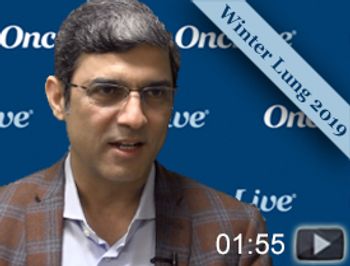
Mohammad Jahanzeb, MD, professor of Clinical Medicine, Hematology/Oncology, Sylvester Comprehensive Cancer Center, University of Miami Miller School of Medicine, discusses the eligibility criteria for immunotherapy trials in non–small cell lung cancer.
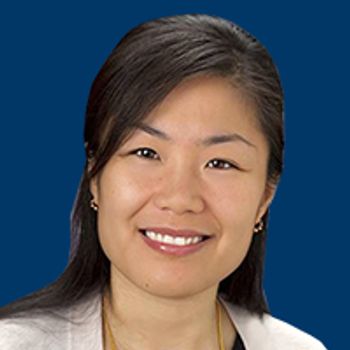
Data on many new treatment options have come forward over the past year highlighting the potential to treat more emerging oncogenic drivers impacting smaller subsets of patients with non–small cell lung cancer.
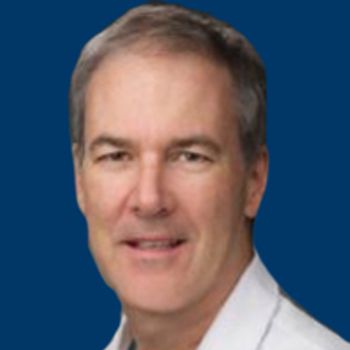
Eric Vallieres, MD, highlights the technological advances of lung cancer surgery and how this impacts the outlook for patients who are candidates for it.
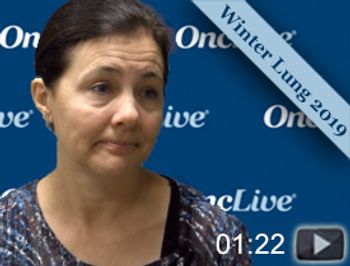
Heather Wakelee, MD, associate professor of medicine (oncology), Stanford University Medical Center, discusses the current state of treatment in patients with non–small cell lung cancer.
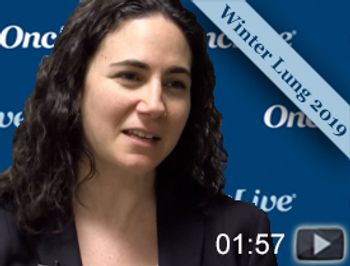
Sarah B. Goldberg, MD, MPH, an assistant professor of medicine at the Yale School of Medicine and Yale Cancer Center, discusses traditional and emerging treatment approaches for patients with mesothelioma.

A growing focus on smaller oncogenic drivers in lung cancer has opened up new treatment options and many potential drugs in development for patients with less common alterations.
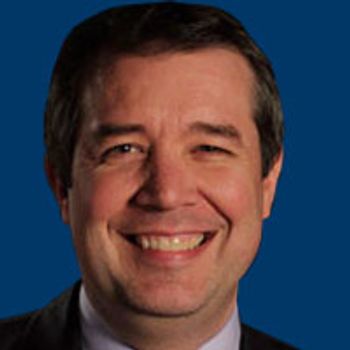
The treatment paradigm for EGFR-mutant non–small cell lung cancer has grown significantly with many EGFR TKIs now available to treat patients with this disease.
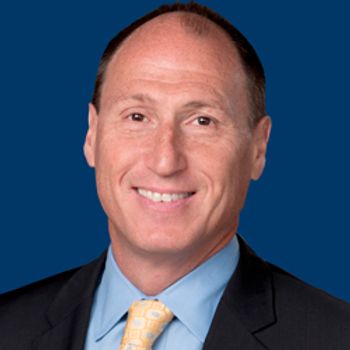
Rogerio Lilenbaum, MD, highlights the current treatment approaches for patients with EGFR-positive non–small cell lung cancer and shed light on the potential for immunotherapy in the space.
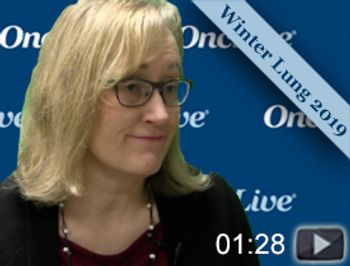
Julie R. Brahmer, MD, associate professor of oncology, co-director of the Upper Aerodigestive Department, Bloomberg Kimmel Institute for Cancer Immunotherapy, Johns Hopkins Medicine, discusses managing immune-related adverse events in lung cancer.
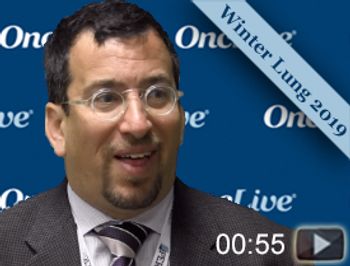
Edward B. Garon, MD, director of Thoracic Oncology at the Jonsson Comprehensive Cancer Center at University of California, Los Angeles, discusses the potential for immunotherapy in the treatment of patients with EGFR-positive non–small cell lung cancer.